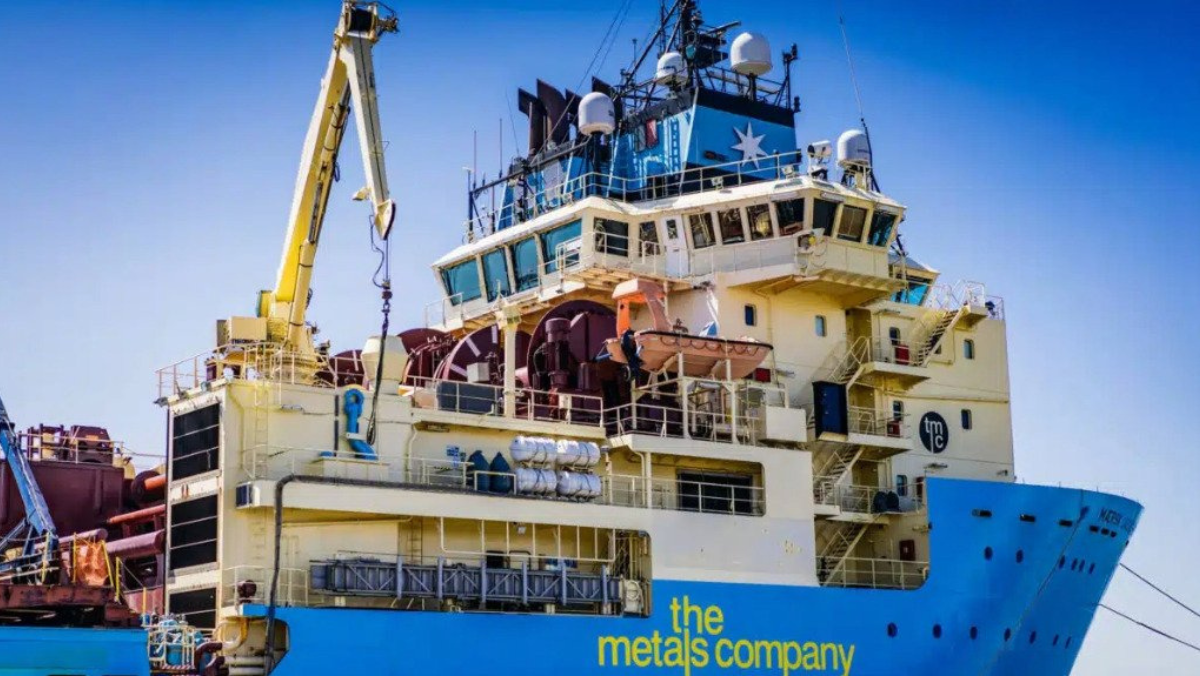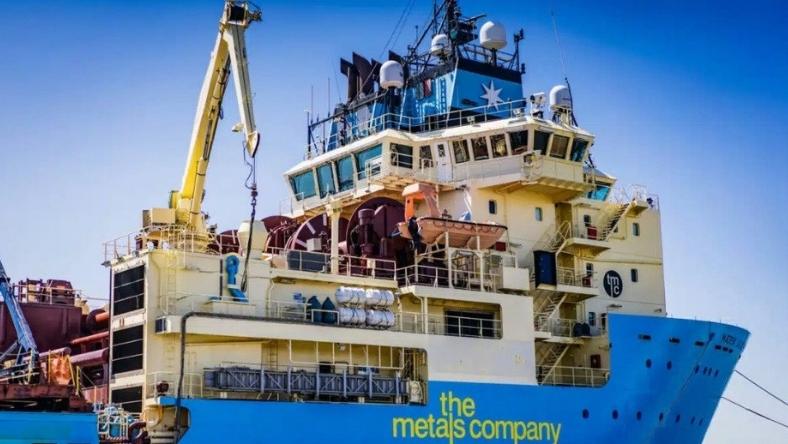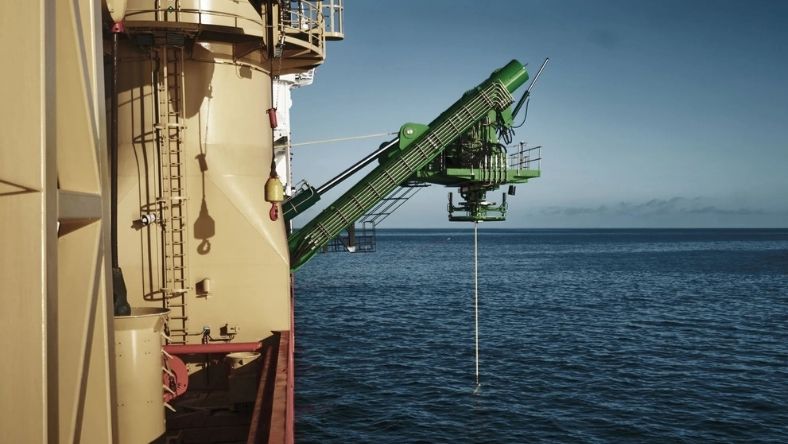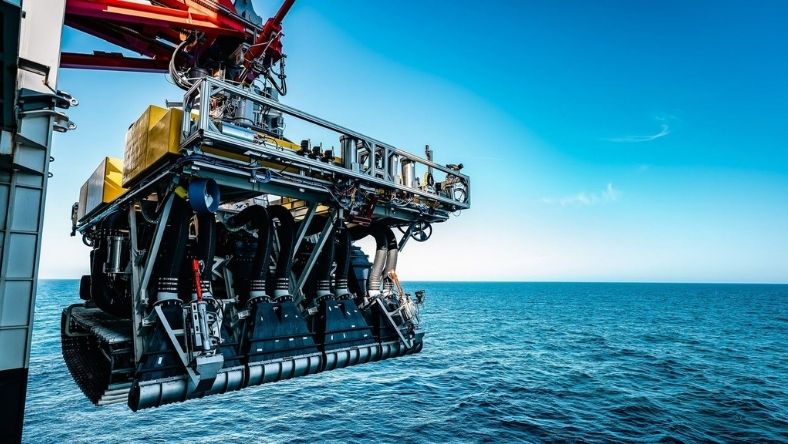PARTNERSHIPS
Will Seabed Metals Power the Energy Transition?
Korea Zinc's $85M stake in The Metals Company boosts seabed mining and hints at long-term refining strategies.
21 Jun 2025

A pivotal shift is unfolding in the hunt for next-generation metals, this time beneath the ocean's surface. In a bold move that could reshape the global resource map, Korea Zinc has invested $85.2 million in The Metals Company, acquiring a 5 percent stake with options to expand. The deal, announced in June 2025, is expected to close by June 26, bringing deep sea mining one step closer to commercial reality.
At the heart of the deal are polymetallic nodules, metal-rich rocks scattered across the Clarion Clipperton Zone in the Pacific Ocean. These formations contain high concentrations of nickel, cobalt, copper, and manganese, making them prime candidates for powering electric vehicles, renewable energy systems, and clean-tech infrastructure. Once dismissed as futuristic, these seabed minerals are increasingly seen as a viable, untapped resource.
Beyond the capital injection, the partnership signals a deeper strategic alignment. Korea Zinc and The Metals Company plan to evaluate a bulk sample of nodules and explore refining pathways together. This collaboration points to a broader vision, one where seabed minerals are integrated into existing refining ecosystems to meet growing global demand.
For The Metals Company, the investment brings not only funding but long-sought industrial credibility. The backing of a major global refiner suggests confidence in both the scalability and processability of these ocean-floor materials. For Korea Zinc, the move provides a potential edge in securing critical minerals amid mounting supply chain pressures and environmental constraints on land-based mining.
"The metals we need for the energy transition must come from somewhere," said Gerard Barron, CEO of The Metals Company. His words underscore a shifting consensus that broadening the supply base is essential for a sustainable future.
Still, the industry faces major hurdles. The International Seabed Authority has yet to finalize regulations for commercial mining, and environmental groups continue to raise alarms over potential ecosystem disruption. Yet with an established player like Korea Zinc entering the arena, deep sea mining has crossed a threshold from high-risk concept to serious industrial prospect.
This is not just a financial deal, it is a directional signal. As the world seeks new sources of critical minerals, the ocean floor is rapidly emerging as a frontier that industry can no longer ignore.
Latest News
23 Feb 2026
Diving for Battery Metals in the Pacific19 Feb 2026
Who Controls the Ocean Floor’s Riches?18 Feb 2026
Europe Rethinks Mining’s Digital Future on Land and Sea17 Feb 2026
Europe Positions for Subsea Technology Shift
Related News

INVESTMENT
23 Feb 2026
Diving for Battery Metals in the Pacific

MARKET TRENDS
19 Feb 2026
Who Controls the Ocean Floor’s Riches?

TECHNOLOGY
18 Feb 2026
Europe Rethinks Mining’s Digital Future on Land and Sea
SUBSCRIBE FOR UPDATES
By submitting, you agree to receive email communications from the event organizers, including upcoming promotions and discounted tickets, news, and access to related events.